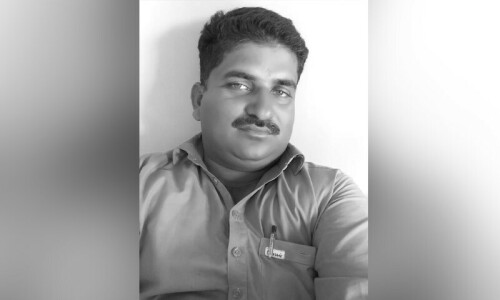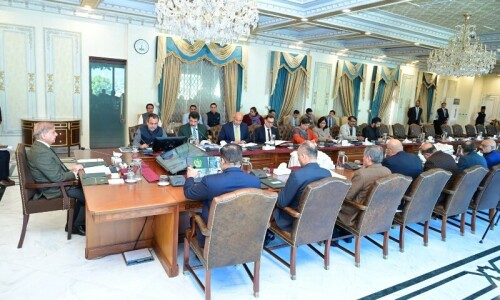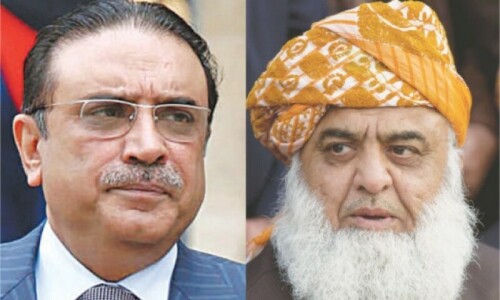NEW YORK: World Bank President Jim Yong Kim called on developing countries to demonstrate commitment towards their people facing grave health challenges by allocating adequate financial resources for health.
He was speaking at a panel discussion held as part of a gala dinner organised in honour of tuberculosis (TB) survivors, activists, global health leaders and celebrities fighting against tuberculosis.
Titled ‘Our night with the Stars’, the event was organised on the sidelines of a high-level United Nations meeting on TB held on Wednesday. The dinner was co-hosted by Stop TB Partnership, Permanent Mission of Brazil to the United Nations, Permanent Mission of Zambia to the United Nations and Permanent Mission of France to the United Nations.
Sharing his experience of Carabayllo — a district in the province of Lima in Peru — where he ran a health project, Kim said that his team discovered an alarming number of patients suffering from multi-drug resistant tuberculosis in 1994.
“When we reported this to the health ministry and the World Health Organisation [WHO], seeking their assistance for treatment, we were told that we shouldn’t take up this issue as the drugs were too expensive,” he told the audience, regretting how an international organisation and the government apathetically responded to a health emergency.
His team, however, didn’t give up and treated patients with the help of nurses and community workers. The work had a huge impact and led the WHO and Peruvian government to change their policies, recommending all persons with MDR tuberculosis be treated regardless of cost.
He was critical of developing countries demanding funds for health but not willing to spend their own money on their people. “After spending 30 years in the field, I have realised that countries demanding funds for their health projects are not ready to make a commitment for their own people and allocate [sufficient] budget for health. On the contrary, however, they subsidise oil, gas and agriculture, serving only the rich.”
In her keynote speech, first lady of Nigeria Aisha Buhari highlighted the need for intensifying global efforts against TB.
“Now is the time to raise collective voice to save millions of lives. We must begin a change to end TB.”
At two other events held on the sidelines of the UN meeting, global health leaders, activists and members of TB-affected communities called for addressing gaps in the fight against TB and taking up innovative approaches to expedite the progress against the disease.
“To end TB, business as usual will not work. If we keep doing what we have done, we will get the same result. That is the definition of insanity,” said WHO Director General Dr Tedros Adhanom Ghebreyesus in his opening statement at the TB Innovation Summit where global health and business leaders pledged major commitments to end tuberculosis.
The event commenced with a strong emphasis on the human aspect of TB and by presenting the stories of TB survivors and advocates and call for a powerful movement for TB similar to the one that helped move the needle on HIV.
It concluded with the launch of the TB Innovation Charter, which calls for the critical investment in innovation needed to achieve the UN Sustainable Development Goal (SDG) of ending TB by 2030.
At the Asia-Pacific TB-affected communities and civil society members’ caucus, member states were asked to commit towards hasty rollout and availability of Bedaquiline and Delamanid, new TB drugs, in high-burden countries in the Asia-Pacific.
The participants sought commitment for the value of private-public partnership to not replace government’s mandate in the procurement, distribution and regulation of drugs, and private health service sectors can only augment and not replace this mandate.
“Use terminologies that recognise the rights of these people affected by TB by moving beyond terms such as ‘high-risk’ or using the term ‘patients’. Avoiding this language not only breaks stereotypes but also contributes to eliminating the stigma attached to TB risk and vulnerabilities,” a statement released on the caucus said.
“To do this, member states must match commitments with funding towards supporting community led and community-based responses. Community engagement remains crucial towards the success of the TB Response,” it added.
Published in Dawn, September 27th, 2018














































Dear visitor, the comments section is undergoing an overhaul and will return soon.